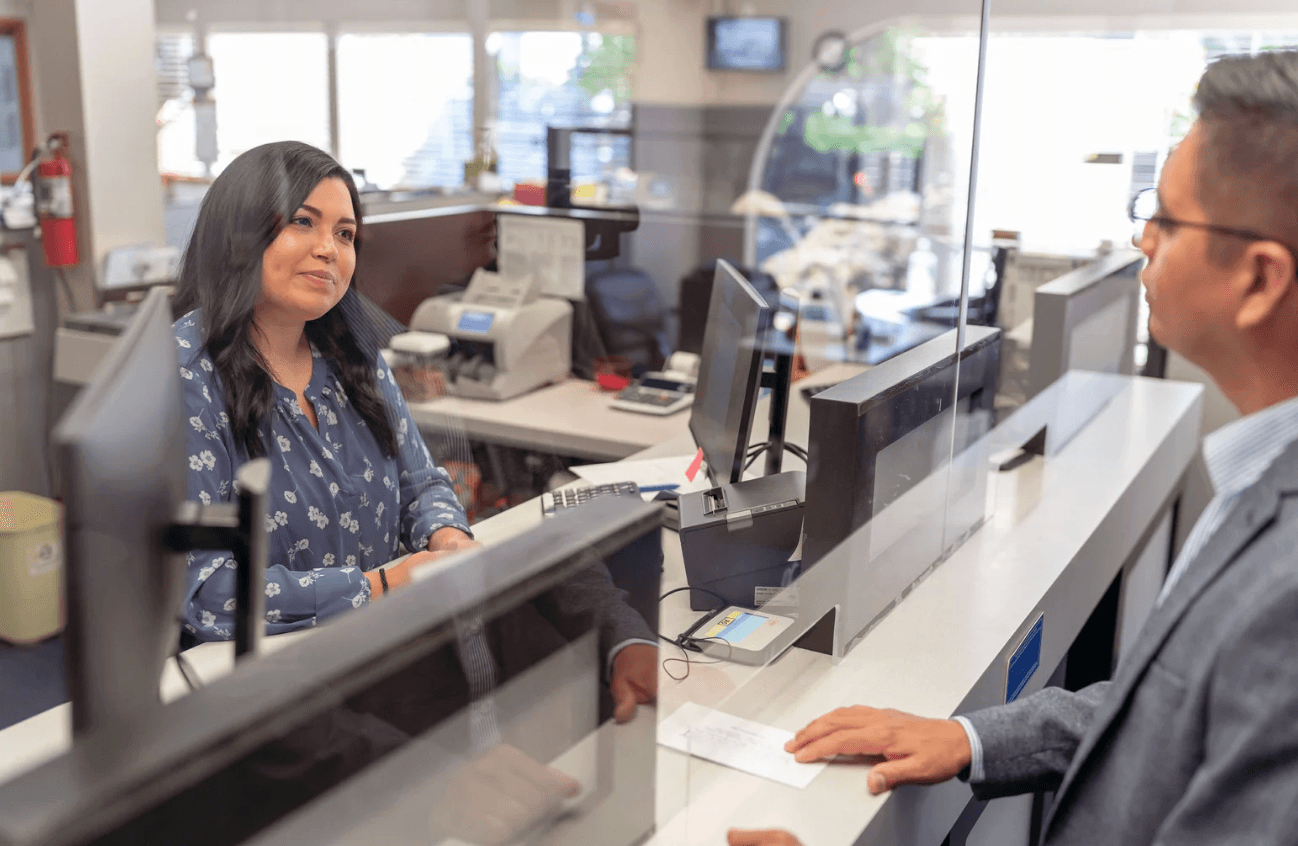With the rapid advancement of technology, the world is becoming increasingly interconnected through various digital platforms. The internet has revolutionized the way we communicate, do business, and access information. Social media platforms such as Facebook, Twitter, Instagram, and LinkedIn have transformed the way we interact with one another, allowing us to connect with people from all over the world in real-time.

The rise of smartphones and other mobile devices has further accelerated this trend, making it easier than ever to stay connected on the go. We now have the ability to access information, send messages, and make transactions from the palm of our hands. This has not only made communication more convenient but has also opened up new opportunities for businesses to reach a wider audience and engage with their customers in innovative ways.
One of the key benefits of this interconnected world is the ability to access a wealth of information at our fingertips. The internet serves as a vast repository of knowledge, allowing us to learn new things, explore different perspectives, and stay informed about current events. Online education platforms have made it possible for people to pursue higher education and acquire new skills from the comfort of their own homes. This has democratized access to education, breaking down barriers and providing opportunities for individuals from all walks of life to advance their careers.
In addition to education, the internet has also revolutionized the way we do business. E-commerce platforms such as Amazon, eBay, and Alibaba have changed the way we shop, allowing us to purchase products from anywhere in the world with just a few clicks. This has not only made shopping more convenient but has also created new opportunities for entrepreneurs to start their own online businesses and reach a global audience.
The rise of social media influencers and digital marketing has transformed the way companies promote their products and services. Influencers have become powerful marketing tools, leveraging their large followings to endorse products and reach a wide audience. This has changed the traditional advertising landscape, with companies shifting their focus to digital marketing strategies to connect with consumers in a more personalized and targeted way.
However, this interconnected world also comes with its challenges. The rise of fake news and misinformation on social media platforms has raised concerns about the spread of misinformation and its impact on society. The manipulation of algorithms and data privacy concerns have also sparked debates about the ethics of technology and its influence on our daily lives.
Moreover, the digital divide remains a significant issue, with disparities in access to technology and internet connectivity affecting marginalized communities and exacerbating existing inequalities. Bridging this gap and ensuring that everyone has equal access to digital opportunities is crucial for creating a more inclusive and equitable society.
kd2kub